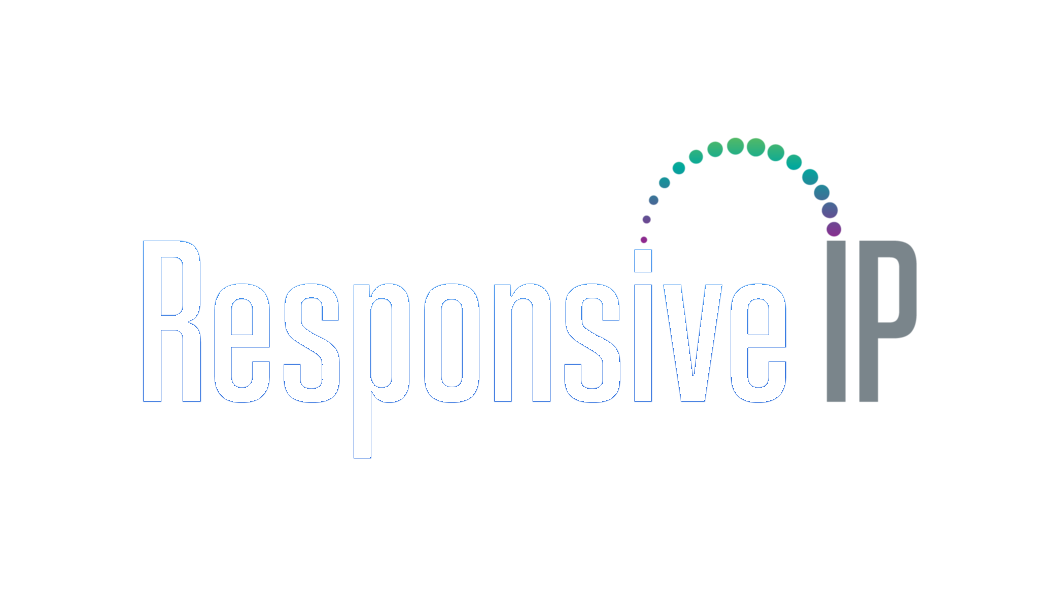Can VoIP be used for international calls?

In our interconnected world, the pursuit of seamless global communication has brought us to the doorstep of Voice over Internet Protocol, or VoIP. This revolutionary technology holds the promise of transforming international calls, but how does it fare in the real world? Let’s unravel the intricacies and explore the potential of VoIP for connecting voices across borders.
1. Introduction to VoIP
VoIP, the acronym on everyone’s lips, stands for Voice over Internet Protocol. Picture this: instead of relying on traditional phone lines, VoIP converts your voice into digital signals and transmits them over the internet. It’s a game-changer, but can it truly revolutionize the way we make international calls?
In the not-so-distant past, making international calls meant navigating through complex telephone networks, often accompanied by exorbitant charges. VoIP, however, simplifies this process by turning your voice into data packets and sending them across the vast digital landscape of the internet. It’s like sending a letter via express mail rather than relying on carrier pigeons – faster, more efficient, and cost-effective.
2. How Does VoIP Work?
Breaking Down the Mystery
To demystify the workings of VoIP, let’s delve into the technicalities. When you speak into a VoIP-enabled device, your voice undergoes a transformation into digital data. These data packets then embark on a journey across the internet to reach the recipient, where they are reconverted into audible voice. It’s like transforming your heartfelt letter into a series of digital postcards, ensuring that your message reaches its destination intact.
In essence, VoIP is akin to a virtual postman who doesn’t just deliver your message but enhances its delivery speed and efficiency. This simplified process forms the backbone of international communication in the digital age.
3. Advantages of VoIP for International Calls
Cost-Efficiency Beyond Borders
Bid farewell to the days of cringing at your international phone bills. VoIP introduces a new era of cost efficiency, as your calls ride the waves of the internet, sidestepping traditional telecommunication infrastructure. It’s like replacing your expensive international flights with a budget-friendly virtual tour – the same destination but at a fraction of the cost.
Crystal Clear Conversations
Contrary to the misconception that internet calls are synonymous with poor quality, VoIP offers crystal clear conversations. Imagine upgrading from black and white television to a vibrant, high-definition screen – that’s the level of clarity VoIP brings to your conversations. It’s not just about hearing the words; it’s about experiencing them in all their richness.
4. Challenges and Solutions
Overcoming Internet Hurdles
While the internet is the highway for VoIP calls, occasional roadblocks may occur. Fear not, as VoIP providers have anticipated this and devised solutions to ensure your calls navigate the digital landscape smoothly. It’s like having a GPS for your voice, guiding it through potential traffic jams to ensure a seamless journey.
5. Choosing the Right VoIP Service
Navigating the Sea of Options
The world of VoIP is vast, with numerous service providers offering various features. Choosing the right VoIP service is akin to selecting the perfect vessel for your journey – each with its unique set of advantages and capabilities. Whether it’s Skype, Zoom, or another provider, understanding their features ensures you embark on your international communication voyage with confidence.
6. Setting Up VoIP for International Calls
Smooth Sailing: Setting Up Your VoIP
Setting up VoIP for international calls is remarkably straightforward. It’s as simple as plugging in your headset and following a few basic steps. Think of it as activating your own global communication hub – no complicated processes, just a direct route to connecting with the world.
7. Cost Considerations
Counting the Coins: How Much Does VoIP Cost?
Worried about hidden fees eating into your communication budget? VoIP providers often offer transparent pricing models, ensuring you understand where each penny goes. It’s like budgeting for a world tour – you know the expenses upfront, making your global communication journey financially sound.
8. VoIP Security Concerns
Securing Your Digital Conversations
The digital realm can be a precarious space, but VoIP providers prioritize security to protect your conversations. Encryption and advanced security measures act as virtual bodyguards for your words, ensuring they reach their destination without interception. It’s like having a secure vault for your confidential discussions – a fortified space for your virtual communication.
9. Comparing VoIP with Traditional Methods
VoIP vs. Traditional Calls: A Face-off
Comparing VoIP with traditional methods is like pitting a sleek sports car against a horse-drawn carriage. While traditional methods have their charm, VoIP often emerges as the victor in terms of efficiency, cost, and features. It’s a leap into the future, where the archaic meets the cutting edge.
10. VoIP and Business Communication
VoIP in the Boardroom: A Strategic Move
Businesses are increasingly leveraging VoIP for seamless international communication. Imagine having a direct hotline to your global clients, partners, and teams – that’s the strategic advantage VoIP brings to the boardroom. It’s not just a technology; it’s a strategic move towards global success.
11. Future Trends in VoIP
Beyond Today: What Lies Ahead?
The landscape of VoIP is ever-evolving. As technology advances, so do the features and possibilities within VoIP. Exploring the future trends in VoIP is like peering into a crystal ball, revealing enhanced features and even more accessible international calling. It’s a glimpse into the future of communication.
12. Conclusion: The Global Voice Connection
In conclusion, VoIP isn’t merely a technology; it’s a global bridge connecting voices across borders. As technology progresses, our ability to communicate effortlessly with anyone, anywhere in the world grows exponentially. Embrace the future – where the world is just a call away.
FAQs: Your Questions, Answered!
1. Can VoIP be used for business calls internationally?
Absolutely! Many businesses utilize VoIP to connect with clients and teams worldwide. It’s like having a virtual conference room accessible from anywhere, ensuring seamless communication for international business endeavors.
2. Will VoIP work if my internet connection is slow?
VoIP is designed to adapt. While a faster connection is ideal, VoIP can still function on slower networks. It’s like taking a scenic route – you might take a bit longer, but you’ll still reach your destination, ensuring your global communication remains uninterrupted.
3. Are there hidden costs with VoIP for international calls?
Not typically. Most VoIP providers offer transparent pricing, ensuring you know what you’re paying for. It’s like having a clear menu with no hidden fees, guaranteeing you a straightforward and cost-effective international calling experience.
4. Is VoIP safe for confidential conversations?
Absolutely. VoIP providers employ encryption and security measures, making it as secure as traditional phone lines. It’s like having a virtual vault for your conversations, ensuring the privacy and confidentiality of your international communications.
5. Can I use VoIP on my mobile phone for international calls?
Certainly! Many VoIP apps are available for mobile devices, allowing you to make international calls on the go. It’s like carrying your global communication hub in your pocket, ensuring you stay connected wherever you are in the world.

